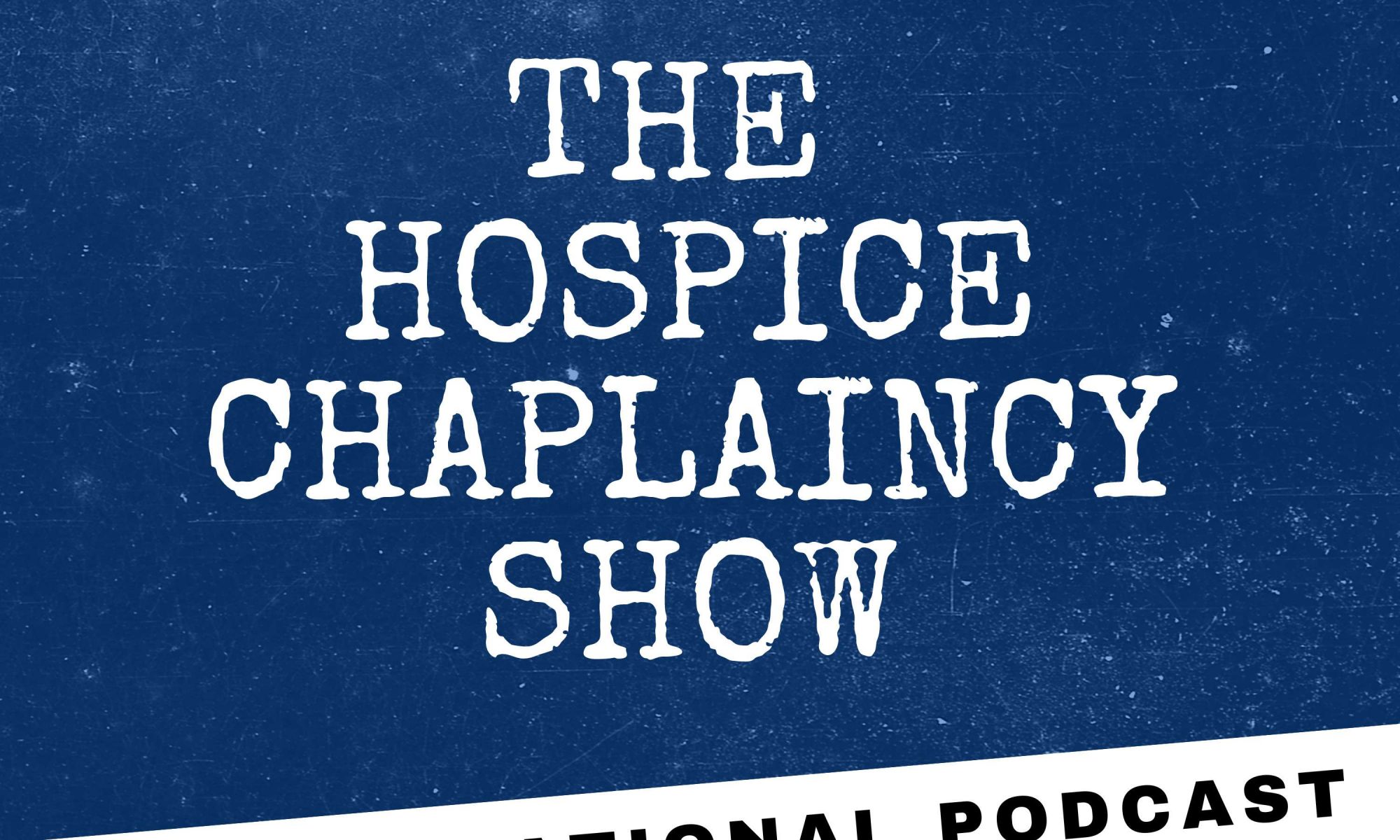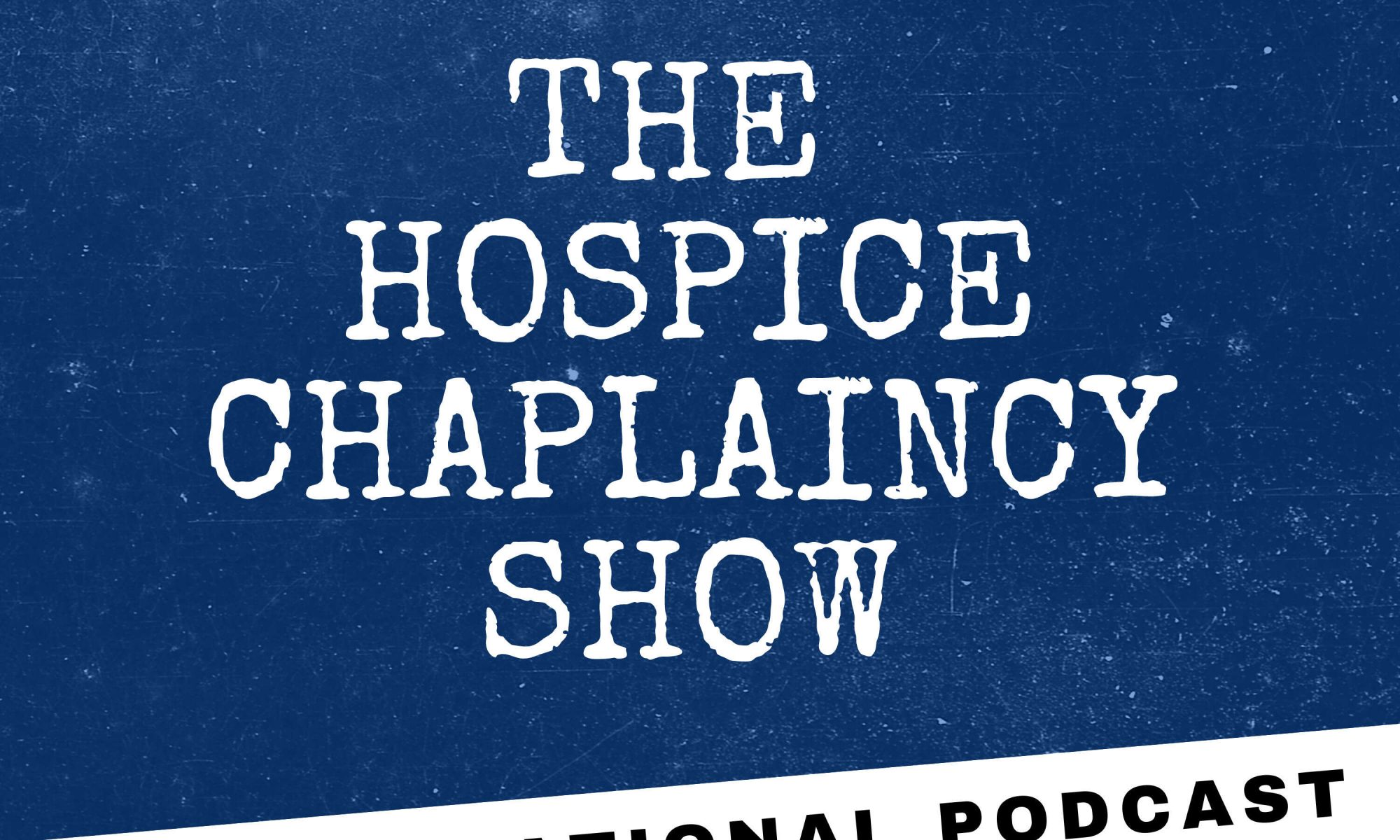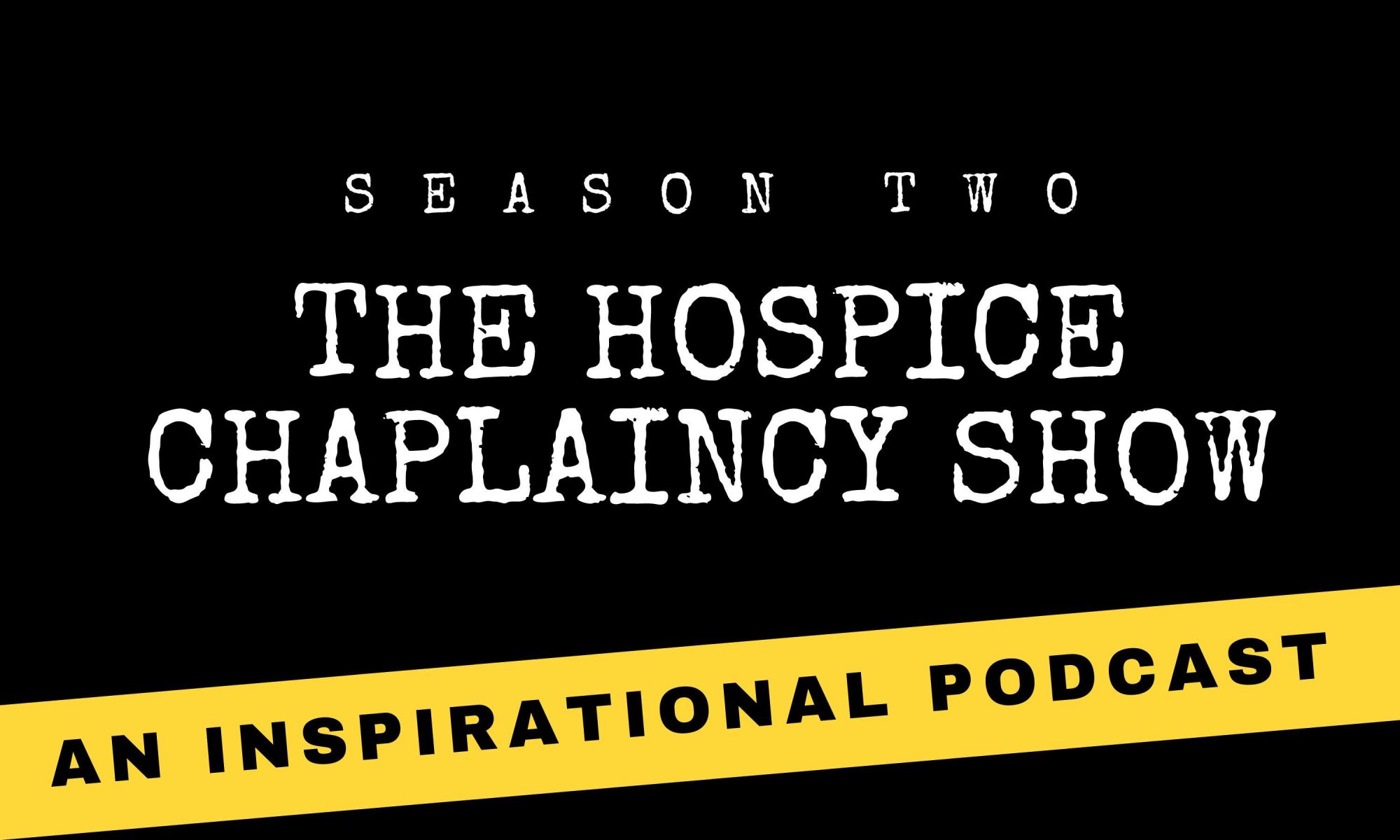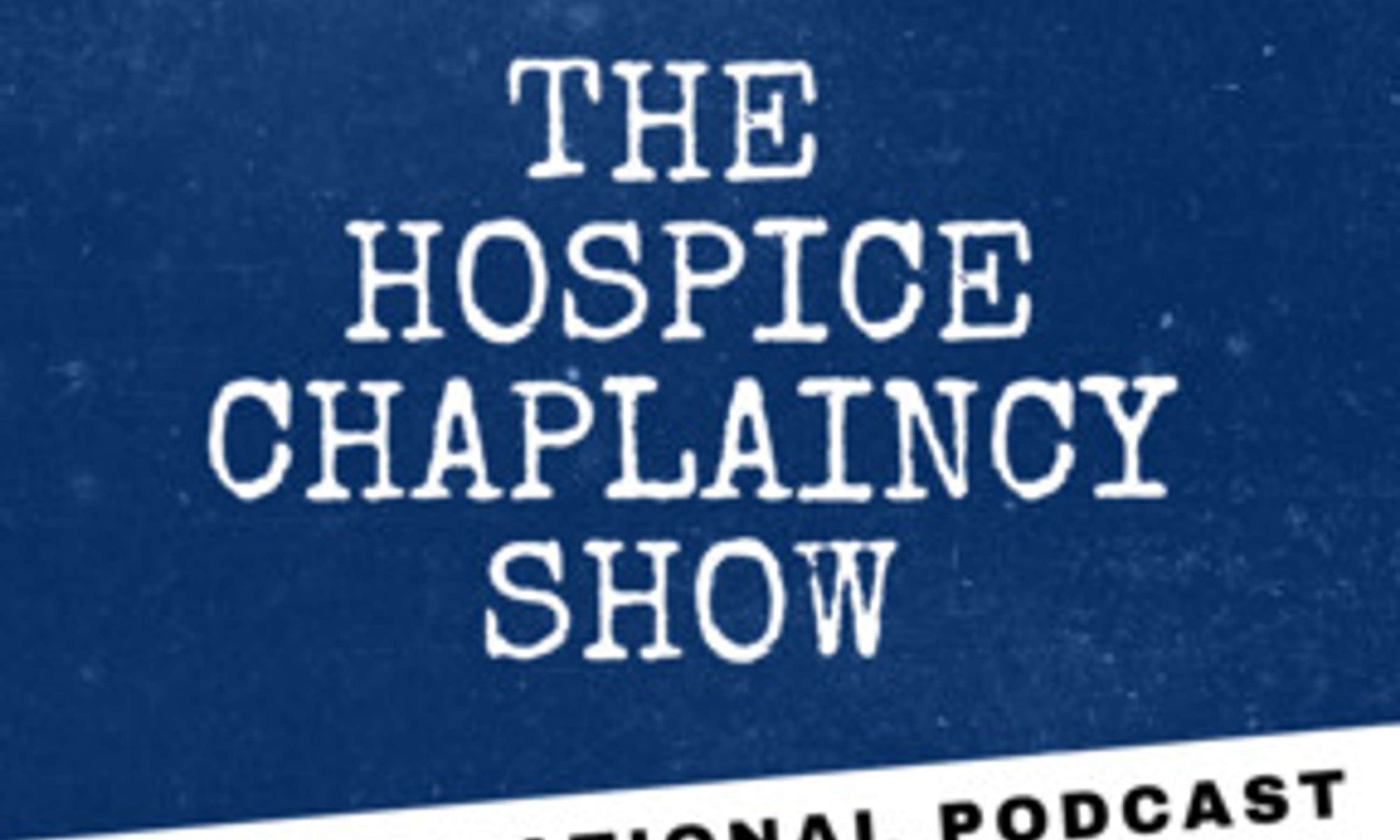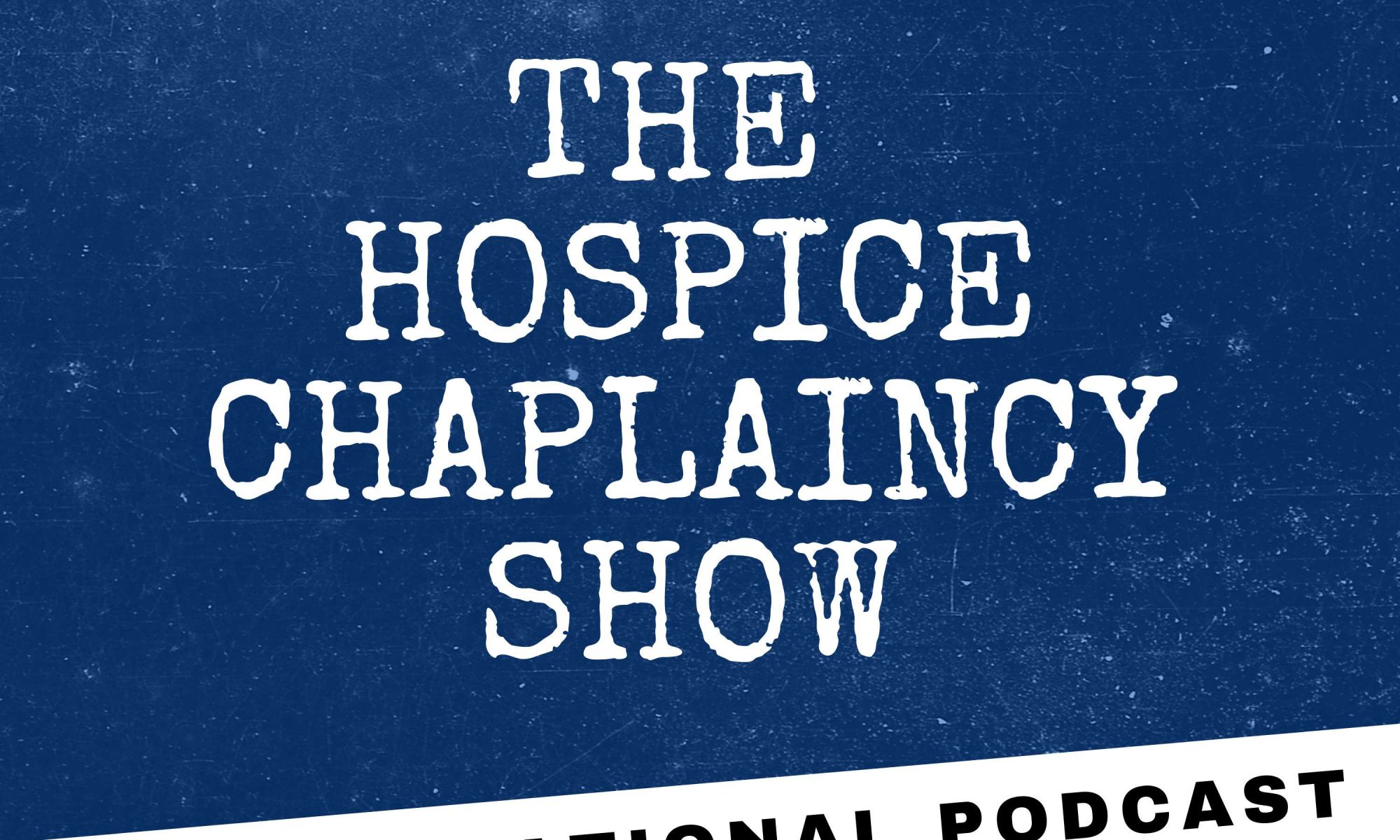In today’s episode, Saul talks to Rev. Dr. Elizabeth Boatwright about her book, “The last things we talk about…” As a Chaplain, Pastor and Certified Financial Planner, Elizabeth “Libby” Boatwright has worked alongside hundreds of people over the last thirty years counseling families on end of life issues, loss and grief, composing memorials, working alongside lawyers with estate plans and educating people with coping skills in the midst of crises.
Episode 122: Rachel S. Jordan on the intersection between trauma and end of life care
In Today’s episode, Saul talks to Rachel S. Jordan on the intersection between trauma and end of life care. Rachel holds a B.S. in Bible/theology and Speech Communication from Multnomah University and an M.Div w/a Concentration in Hospital Chaplaincy from the Portland Seminary of George Fox University. In 2014 she became a neuro-trauma survivor and in 2021 she completed her Chaplain residency at the same medical center in which she was treated: Legacy Emanuel Medical Center, a level one trauma center in Portland, Oregon.
Episode 121: A Conversation with David Hugger
Welcome to our first episode of season 4 of the Hospice Chaplaincy Show. We are grateful to our listeners for their continued support. In this episode, Saul talks to David Hugger who is a retired hospice chaplain. David is also a podcaster and the author of two hospice books.
His first book, “Hospice Is a Gift”, includes a wealth of information for those needing hospice services. His second book, “Hospice Alpha and Omega” is a handbook for hospice clients and their caregivers. David’s books can be found on Amazon or ordered in bulk. He is also available to speak about end-of-life matters. Visit thehospicechaplain.com to learn more him and his work. David is a husband, father, grandfather, and great-grandfather.
Episode 120: Journalist Katie Engelhart on her book “The Inevitable: Dispatches on the right to die.”
Katie’s story “What Happened in Room 10?” won a George Polk Award for Magazine Reporting in 2021. It is the product of a months-long investigation into the first COVID outbreak in an American nursing home — and, more broadly, the rise of the for-profit nursing home industry.
Previously, she worked as a documentary film correspondent and producer at NBC News. She made short documentaries from across the United States and abroad. And she appeared on The Today Show, NBC Nightly News and MSNBC.
Before that, she was as a foreign correspondent for VICE News, based in London, and Europe reporter for Maclean’s, Canada’s largest news magazine. She won a Canada National Magazine Award for her coverage of Ukraine’s Euromaidan revolution.
Katie is a graduate student of History and Philosophy at Oxford University, and worked as a researcher for the historian Timothy Garton Ash.
You can buy Katie’s book HERE
Episode 119: A Conversation with Dr. Shail Maingi On advancing health equity for Sexual and Gender Minorities in Hospice Care
Dr. Maingi is the Dana-Farber Cancer Network Health Equity & Inclusion liaison at the Dana-Farber Cancer Institute at South Shore. Dr. Maingi is also co-chair of the ASCO SGM Task Force and a member of the Diversity and Inclusivity Task Force, Symptoms and Survivorship Task Force, and Practice Health Task Force.
Episode 118: A conversation with Joanne Cacciatore on therapeutic approaches to grief counseling
Dr. Cacciatore specializes in counseling those affected by traumatic death. She works with and counsels families from all around the world who have experienced catastrophic deaths. Her therapeutic interventions are always presence-and-mindfulness based and include narrative, dialectical, and trauma-focused therapies. She also teaches meditation, mindfulness, and compassion and ahimsa practices to students and clients from around the world.
As an advocate of “green” mental health care after a traumatic experience, she is a member of the American Psychotherapy Association, the Association for Contemplative Mind in Higher Education, the International Society for Traumatic Stress Studies, and the National Center for Crisis Management. She spearheaded and directs the graduate Certificate in Trauma and Bereavement program at ASU.
Her research has been published extensively in peer reviewed journals such as The Lancet, Birth, Death Studies, Omega Journal of Death and Dying, Social Work, Social Work and Healthcare, and Families in Society.
Dr. Cacciatore received her Doctorate from the University of Nebraska-Lincoln and her Masters degree and Bachelor’s degree in psychology from Arizona State University. Her work has been featured in major media sources such as People and Newsweek magazines, the New York Times, Boston Globe, CNN, National Public Radio, and the Los Angeles Times.
She has been the recipient of many regional and national awards for her empathic work and service to people suffering traumatic grief. Among them, the Hon Kachina Award in 2007, the Sr Teresa Compassionate Care Award, the Empathic Therapist of the Year Award, Arizona Foothills Arizona Women Who Move the Valley Award, and the Parents of Murdered Children Father Ken Czillinger Award.
Episode 117: A conversation with Mary-Frances O’Connor on the grieving brain
EDUCATION
Ph.D., Clinical Psychology
University of Arizona, Tucson, AZ
1998 – 2004
Bachelor of Arts, Psychology
Northwestern University, Evanston, IL
1992 – 1996
PROFESSIONAL APPOINTMENTS
Director of Clinical Training
University of Arizona, Department of Psychology
2019 – present
Associate Professor of Psychology
University of Arizona, Department of Psychology
2017 – present
Assistant Professor of Psychology
University of Arizona, Department of Psychology
2012 – 2017
Assistant Professor in Residence
UCLA, Department of Psychiatry and Biobehavioral Science
2007 – 2012
Postdoctoral Fellow
UCLA, Cousins Center for Psychoneuroimmunology
2004 – 2007
Intern, Health Track
UCLA, Neuropsychiatric Institute and Hospital
2003 – 2004
Episode 116: A conversation with Nancy Mellon on the healing art of storytelling
Author of Storytelling with Children, and Storytelling and the Art of Imagination, her book, Body Eloquence, won the 2008 US Books Best Books Award in the field of Alternative Medicine. She has followed the path of storytelling deep into the physiological processes of the human body and continues to pioneer new consciousness of the relationship between language, imagination and well-being.
Episode 115: A conversation with Paul and Sally Nash on the sibling support project
Paul and Sally Nash live in Birmingham UK and married in 1986. They are both ordained Anglicans, both Myers Briggs Type Indicator Practitioners (although opposite types), both support London football teams (Sally Spurs and Paul Chelsea) both play golf and have worked with and for each other in some capacity for much of the time they have known each other.
Episode 114: A conversation with Donna Wilson on family conflict at the end of life
Donna’s research program focuses on health services and health policy; primarily in relation to aging, ageism, and end-of-life care. Her work is oriented to myth busting, to ensure effective and accessible healthcare services for older and younger people. Her investigations often involve population data and mixed-methods research. She has over 300 articles, books, book chapters, and other peer-reviewed communications in print. She is frequently and widely consulted for expert commentary on aging, end-of-life care, health policy, healthcare services, and health system trends and issues.


